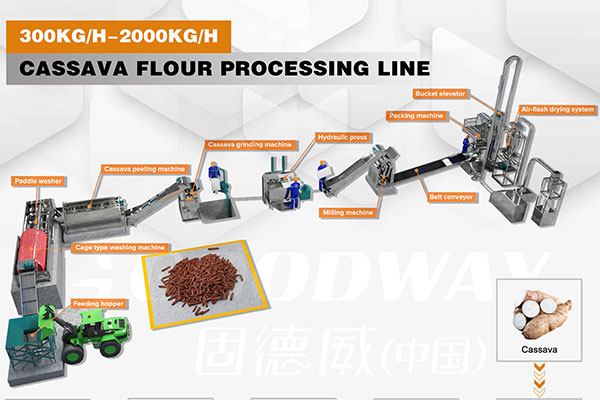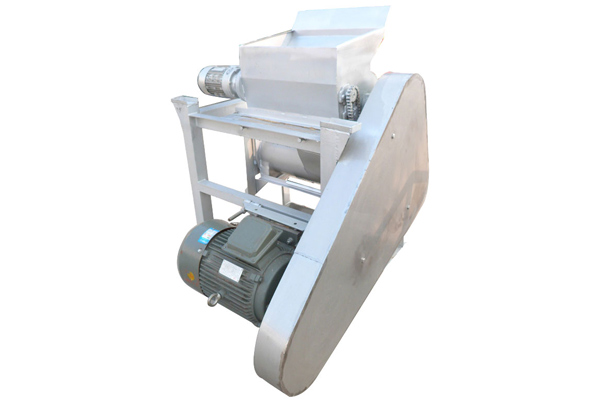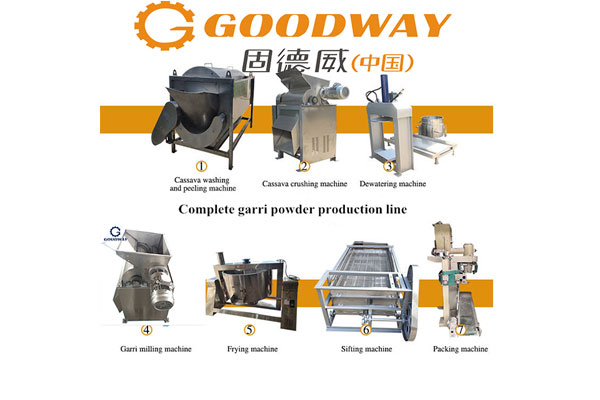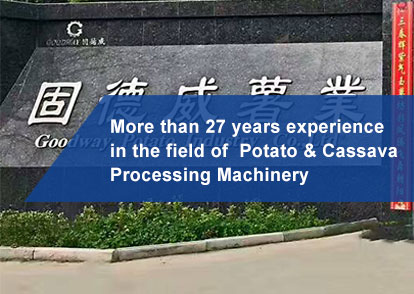Sweet potato is easy to grow and has strong photosynthetic capacity. Its starch yield per unit area is unmatched by other cereal crops. Therefore, sweet potato has become the main raw material crop for producing edible starch in the sweet potato starch processing industry.
However, due to the lack of automation and intensification in the scale of sweet potato starch production in China, the production is mostly carried out in the mode of small-scale processing enterprises and semi-manual workshops in rural areas, with unstable output and quality and potential environmental pollution.
Sweet potato starch wastewater contains a large number of organic pollutants, such as protein, sugar, soluble starch, fine fiber, etc., which will cause serious water pollution and waste of resources directly discharged.
Therefore, an economic and efficient technical means is needed to treat the sweet potato starch processing wastewater, and at the same time, recycle the useful components in the wastewater, such as protein, greatly reduce the discharge of wastewater.
At present, what are the commonly used starch processing techniques in China?
1. Anaerobic-aerobic series process or two-stage aerobic series process for potato starch processing wastewater
The anaerobic part generally adopts anaerobic filter, UASB reactor, and the aerobic part adopts biological contact oxidation, circulating activated sludge process, oxidation ditch and other processes. Such processes have many problems such as high energy consumption, high cost and large sludge production.
2. Chemical flocculation for potato starch processing wastewater
The flocculants commonly used in this method are polyaluminum inorganic, polyacrylic acid and quaternary ammonium salt. However, chemical flocculation method has toxicity to human and livestock, and the use of chemical flocculation method has the problem that the flocculant can not be used as feed or fertilizer to recycle sweet potato protein.
3. Air flotation for sweet potato starch processing wastewater
Microbial flocculant has the characteristics of high efficiency, non-toxic, safety and environmental friendliness, which can solve the secondary pollution problem of common ski flocculant. The pollutants in the sweet potato starch processing wastewater are mainly fine solid suspended solids. For the protein and other substances with specific gravity close to water, traditional precipitation is difficult to remove.
Air flotation technology can solve this problem well, using highly dispersed smile bubbles as a carrier to remove suspended solids from adhesive wastewater. This method is of low infrastructure investment, low treatment costs, no toxic chemicals in the flocculation recycling, and can be used as feed or fertilizer resources.
Nanyang Goodway Machinery & Equipment is a leading manufacturer and supplier of cassava and potato processing machinery, focusing on providing system solutions in the fields of cassava starch, potato starch, sweet potato starch, cassava and yam powder, Garri/Gari, Fufu Flour and cassava chip processing since 1991. So far, Goodway has obtained 35 national patents in the field of cassava and potato processing machinery. At the same time, we have been working with many high-tech partners and research institutes as well as many professional universities. Welcome to consult us if you have any needs.

 EN
EN
 fr
fr  es
es  it
it  pt
pt 







